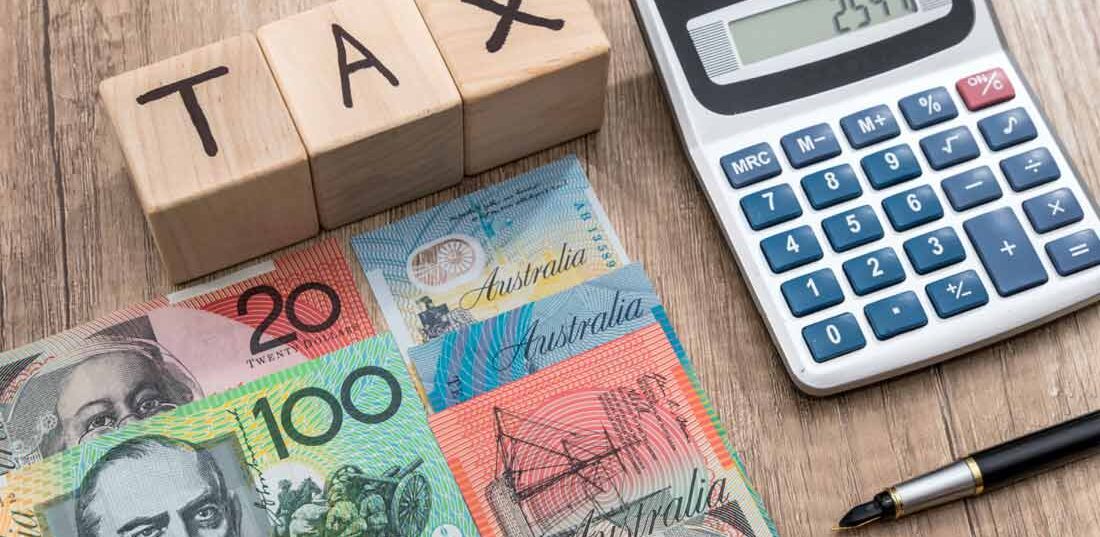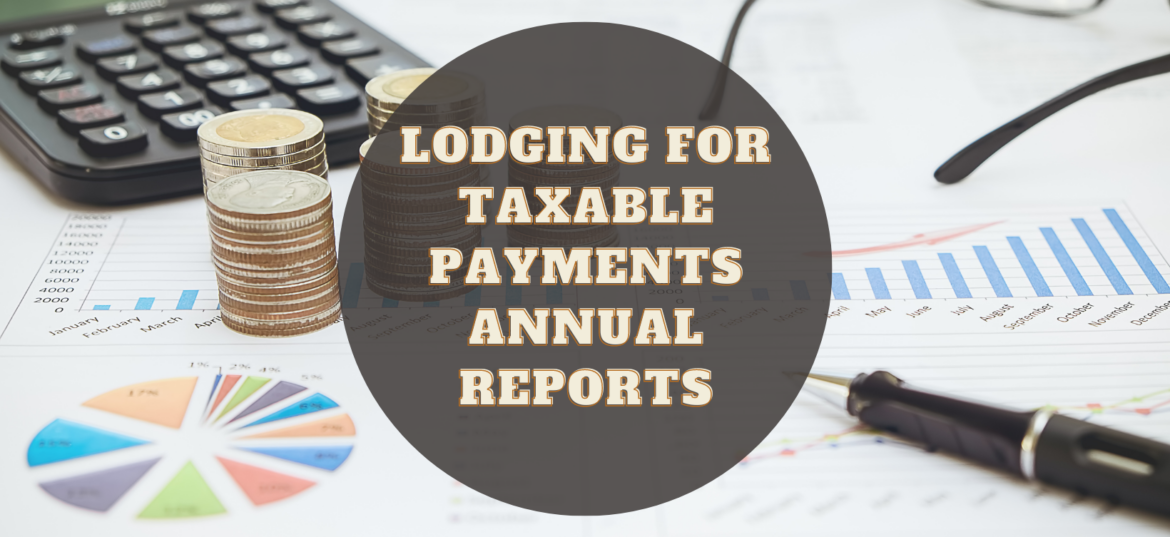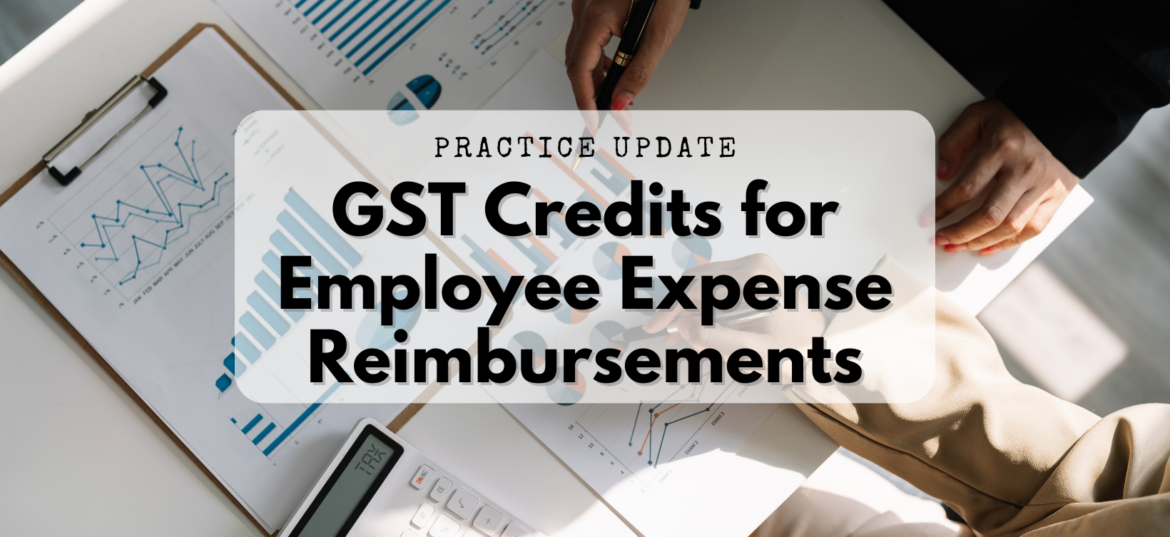Employers are reminded that, in relation to their SG obligations for the quarter ending 31 December 2023, the due date is 28 January 2024.If the correct amount of SG is not paid by an employer on time, they will be liable to pay the SG charge, which includes a penalty and interest component.The SG rate is 11% for the 2024 income year.Please note: Many of the comments in this publication are general in nature and anyone intending to apply the information to practical circumstances should seek professional advice to independently verify their interpretation and the information’s applicability to their particular circumstances.
The ATO will acquire officeholder data from ASIC, the Office of the Registrar of Indigenous Corporations and the Australian Charities and Not-for-profits Commission for the 2024 and 2025 income years, including details such as: The ATO estimates that records relating to approximately 11 million individuals will be obtained. This program aims to (among other things) enable the Australian Business Registry Services to increase uptake of the director ID, and better utilise registry data to combat unlawful activity.
Taxpayers should remember that they can only claim deductions for holiday home expenses to the extent they are incurred for the purpose of gaining or producing rental income. They need to consider the following in determining whether the deductions they wish to claim are valid rental deductions: How many days during the income year did they use or block out the property for their own use? Taxpayers cannot claim deductions for the periods the property was used or blocked out by them. How and where did they advertise the property for rent, and is the rent in line with market values? If they only used obscure means of advertising, or put unreasonable restrictions or conditions in the advertisement, they may[…]
[4042] Ordinary meaning of the term ’employee’ [updated] We are reviewing several products that currently provide guidance on the meaning of the term ‘employee’ to reflect the direction provided in the High Court decision in Construction, Forestry, Maritime, Mining and Energy Union v Personnel Contracting Pty Ltd [2022] HCA 1:
When a gift or donation is deductible You can only claim a tax deduction for a gift or donation to an organisation that has the status of a deductible gift recipient (DGR). To claim a deduction, you must be the person that gives the gift or donation and it must meet the following 4 conditions: DGRs sometimes authorise a business to collect donations on their behalf. For example, a supermarket may be authorised to accept a donation at the register that they then send onto the DGR. You can claim a deduction for a gift or donation you make in this way, if: If you receive a material benefit in return for your gift or donation to a DGR – for example, you[…]
accountant melbourne A joint investigation between the Australian Border Force (‘ABF’) and the ATO spanning almost two and a half years has led to the disruption of serious criminal behaviour by four Chinese nationals within the NSW and ACT construction industries.A 55-year-old Chinese national this week received a criminal conviction and fine for her involvement in money laundering, tax evasion and foreign worker exploitation within the construction industry – one of four people to be successfully prosecuted under ‘Operation Underpitch’. Operation Underpitch is an ABF-led investigation by the Serious Financial Crime Taskforce (‘SFCT’), which comprises of multiple agencies including (among others) the ABF, the ATO and ASIC.The ABF has successfully disrupted organisers of the money laundering cohort through the execution[…]
Registration of Digital Games Tax Offset rules The Government has registered the Income Tax Assessment (Digital Games Tax Offset) Rules 2023 (‘Rules’), which follows the recent enactment of legislation introducing a refundable tax offset for eligible expenditure incurred in the development of digital games. The Rules set out the procedural rules for how companies apply for various Digital Games Tax Offset (‘DGTO’) certificates, including a Completion Certificate, Porting Certificate or Ongoing Development Certificate for the DGTO, or provisional forms of those certificates. The Rules also set out the rules for the processing and assessment of such applications, including the seeking of expert advice and additional information from applicants. The Rules require certain information to be provided to the Arts Minister[…]
Over the last few income years, the ATO has seen some instances of SMSF trustees losing their crypto asset investments. These losses have been caused by: 1. crypto scams, where trustees were conned into investing their superannuation benefits in a fake crypto exchange; 2. theft, where fraudsters would hack into trustees’ crypto accounts and steal all their crypto; 3. collapsed crypto trading platforms, many of which were based overseas; and 4. lost passwords, resulting in trustees being locked out of their crypto account and being unable to access their crypto. Trustees thinking of investing in crypto need to be aware of the ways that crypto can be lost, including through scams, and how these scams can be avoided. Many crypto[…]
Now is the time for taxpayers to check if their business needs to lodge a Taxable payments annual report (“TPAR”) for payments made to contractors, the ATO reminds. This applies to contractors providing the following services: (a) building and construction; (b) cleaning; (c) courier and road freight; (d) information technology; and (e) security, investigation or surveillance. TPARs are due on 28 August each year and penalties may apply if they are not lodged on time. Taxpayers can help prepare for their TPAR by keeping records of all contractor payments. Taxpayers that do not need to lodge a TPAR this year can submit a TPAR non-lodgment advice form to let the ATO know and avoid unnecessary follow-up. Taxpayers can refer to[…]
When reimbursing employees, employers may be entitled to claim GST input tax credits for the expenses that are directly related to their business activities. A “reimbursement” is provided when a taxpayer pays their employee the amount, or part of the amount, of a particular work-related purchase they make. Employers are not entitled to a GST input tax credit if they pay their employee an allowance, or make a payment based on a national expense, such as a cents-per-kilometer payment, travel or meal allowance. An “allowance” is provided when a taxpayer pays their employee an amount for an estimated expense without requiring them to repay any excess. Taxpayers are expected to hold sufficient evidence to substantiate their claim, such as a[…]

















